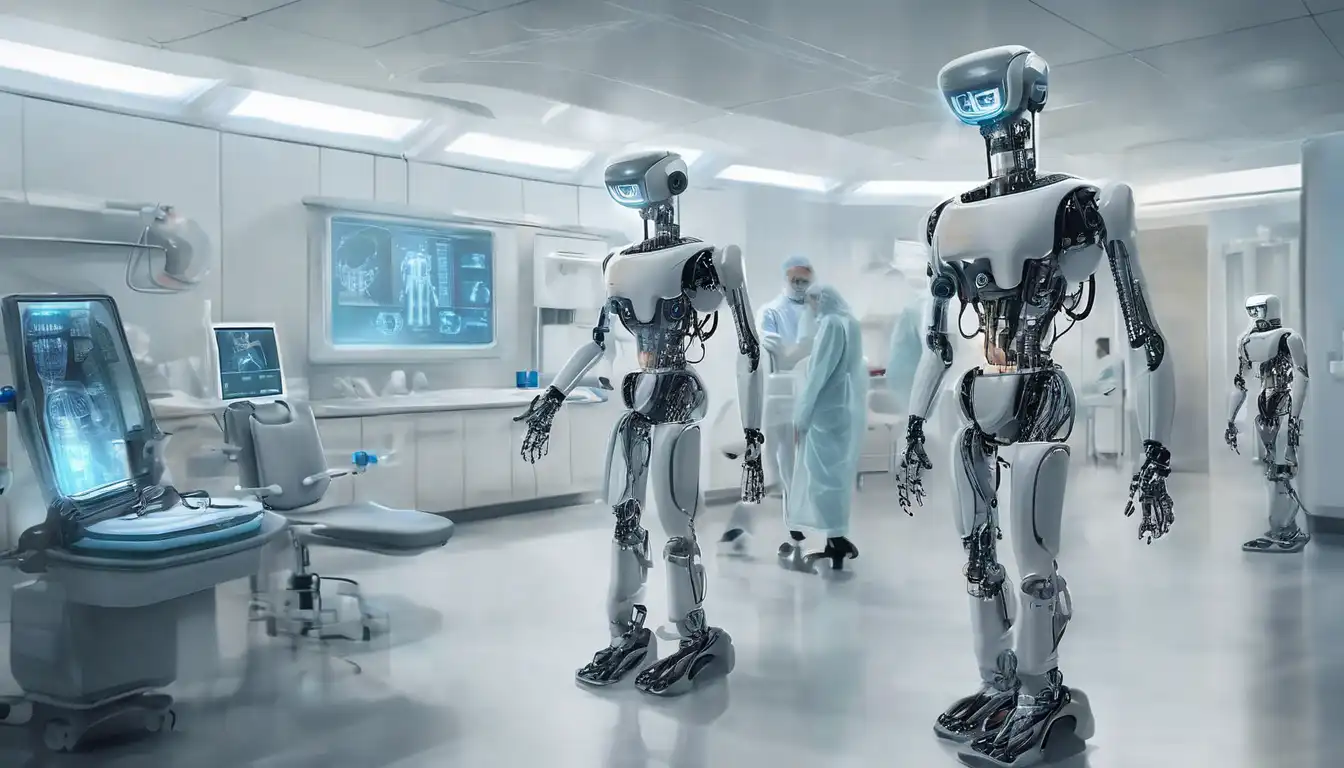Introduction to Robotics in Healthcare
The integration of robotics into healthcare is transforming the way patient care is delivered. From surgical robots to robotic prosthetics, the future of healthcare is being reshaped by technological advancements. This article explores the current trends and future possibilities of robotics in healthcare, highlighting how these innovations are improving patient outcomes and operational efficiency.
Current Applications of Robotics in Healthcare
Today, robotics plays a pivotal role in various healthcare settings. Surgical robots, such as the da Vinci Surgical System, enable surgeons to perform complex procedures with precision and minimal invasiveness. Rehabilitation robots assist patients in recovering from strokes or injuries, providing consistent and personalized therapy. Additionally, robotic process automation (RPA) is streamlining administrative tasks, allowing healthcare professionals to focus more on patient care.
The Future of Robotics in Healthcare
The potential for robotics in healthcare is boundless. Researchers are developing nanorobots that could deliver drugs directly to diseased cells, minimizing side effects and improving treatment efficacy. Autonomous robotic nurses could soon provide round-the-clock care, monitoring patient vitals and administering medication. Furthermore, the integration of artificial intelligence (AI) with robotics promises to enhance diagnostic accuracy and personalize treatment plans.
Challenges and Considerations
Despite the promising advancements, the adoption of robotics in healthcare faces several challenges. High costs and the need for specialized training can limit accessibility. Ethical concerns, such as patient privacy and the delegation of care to machines, also need to be addressed. Ensuring the reliability and safety of robotic systems is paramount to gaining trust among healthcare providers and patients alike.
Conclusion
The future of robotics in healthcare is bright, with the potential to revolutionize patient care and operational efficiency. As technology continues to evolve, it is crucial to address the challenges and ethical considerations to fully realize the benefits of robotics in healthcare. By embracing these innovations, the healthcare industry can look forward to a future where technology and human expertise work hand in hand to improve lives.
For more insights into the latest technological advancements in healthcare, explore our technology trends section.
